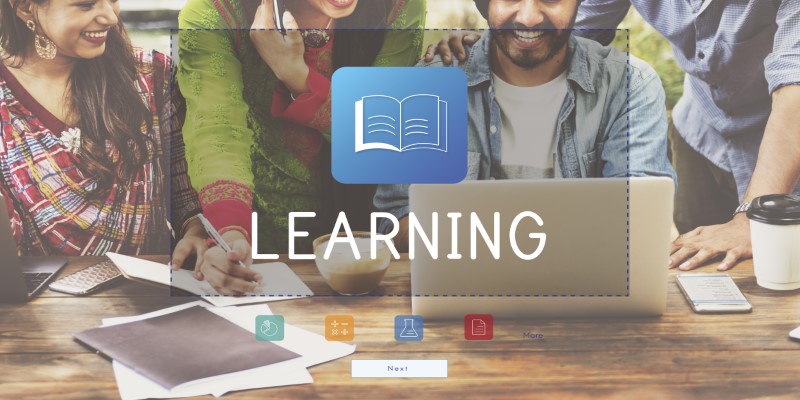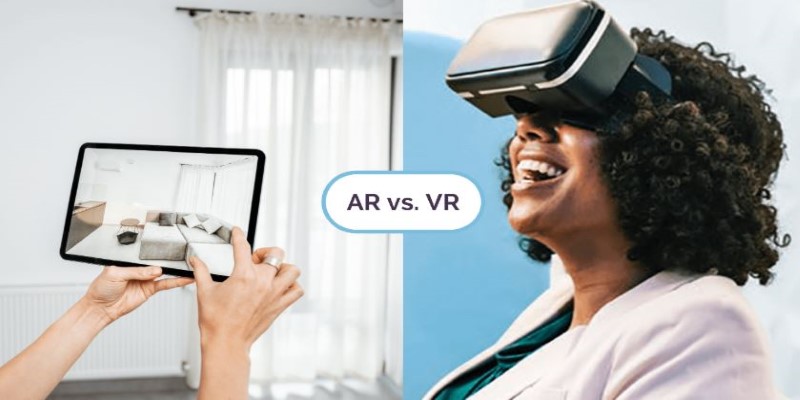Learn Smarter: The Best Free Online Learning Tools
The internet has revolutionized learning by breaking down barriers and making knowledge accessible to anyone with a connection. A free learning resource website offers everything from structured courses to interactive tutorials, allowing learners to progress at their own pace. Whether you're a student seeking extra materials, a professional enhancing your skills, or simply someone passionate about learning, these platforms offer immense value.
Unlike traditional education, which often comes with high costs and rigid schedules, digital education tools provide flexible and free access. These platforms have sparked a self-education movement, offering videos, articles, quizzes, and community interaction, transforming how people acquire and share knowledge in today’s world.
What Makes a Great Free Learning Resource Website?
Not all free learning platforms are equal. Some concentrate on scholarly topics, some are expert skills-focused, and others mix both. The most effective ones have similarities that contribute to their usefulness. For starters, they have a varied amount of content. A good learning platform has courses in several areas covering various interests and skill levels. Whether an individual needs to learn a foreign language or be a math mastermind, he or she should be able to find suitable material.
Another significant consideration is accessibility. A quality free learning resource website must be easy to use, mobile accessible, and accessible without undue restrictions. Some websites are entirely free to access, while others have a combination of free and paid material. The best ones ensure that the free content is high-quality and not merely a teaser for paid content.
Interactivity also comes into play quite a bit. Learning isn't merely the ingestion of information—it's engagement. Sites that have quizzes, projects, discussion forums, and even certifications are the kinds of sites that keep people engaged. When individuals can quiz themselves and try out what they've learned, retention increases immensely.
A good support system adds to the learning process. Sites that provide communities, peer interaction, or even mentorship programs assist students in staying focused. Interacting with others on comment sections, forums, or study groups makes learning more engaging.
How Free Learning Websites Are Changing Education?
Traditional education systems often come with high costs and outdated curricula that struggle to keep pace with modern demands. Many individuals can't afford expensive tuition fees, while others find that conventional courses don't align with their unique needs or career goals. Free learning websites address these gaps by offering flexible, up-to-date content that learners can access on their terms. These platforms empower users to develop new skills, enhance career opportunities, and explore personal interests—without financial burdens.

A key advantage of these platforms is self-paced learning. Unlike traditional classrooms that follow rigid schedules, online courses let learners progress at their speed. This flexibility is especially beneficial for those juggling work, family, or other responsibilities. It also accommodates different learning styles, making education more personalized.
The global accessibility of free learning websites is transformative. A student in a remote village can access the same high-quality materials as someone attending a prestigious university. Many platforms also collaborate with industry experts and institutions, offering relevant courses and certifications that can improve job prospects. In a rapidly evolving job market, these resources help learners stay competitive and informed.
Popular Free Learning Resource Websites to Explore
While the internet is packed with countless platforms offering free educational content, a few websites stand out for their depth, diversity, and ease of use. One of the most renowned is Khan Academy, which is known for its wide range of subjects, from math and science to arts and humanities. The platform provides interactive exercises, video lessons, and personalized dashboards to help learners track their progress.
Coursera is another leading name, offering courses from prestigious universities worldwide. Although some courses require payment for certification, the platform offers a vast selection of free content that covers everything from business to technology.
For those interested in technical skills, Codecademy and freeCodeCamp are excellent platforms for learning programming languages and web development. They offer interactive lessons, real-world projects, and community support to help users build their coding expertise from the ground up.
edX, a platform created by Harvard and MIT, delivers high-quality academic courses across numerous disciplines. While certification often comes at a cost, learners can audit courses for free and gain access to video lectures, readings, and discussion forums.
Lastly, platforms like Duolingo make learning new languages fun and accessible, offering game-like lessons that keep users engaged while mastering new vocabulary and grammar. These websites showcase the power and potential of free learning platforms, offering high-quality education that’s accessible to everyone.
The Future of Free Learning Platforms
The demand for digital education is steadily rising, and free learning platforms are evolving alongside technological advancements. Artificial intelligence (AI) and machine learning are becoming integral to these systems, offering personalized learning experiences tailored to individual progress and needs. These adaptive technologies help learners stay engaged and focused by recommending content that aligns with their skills and goals.

Virtual reality (VR) and augmented reality (AR) are set to revolutionize how learners interact with educational materials. Imagine performing virtual science experiments, practicing medical procedures in a simulated environment, or exploring historical sites through immersive technology. These innovations will make learning more interactive, engaging, and practical.
The professional world is also recognizing the value of online education. Skills acquired through free learning websites are increasingly seen as legitimate qualifications, especially when accompanied by certifications. As these platforms gain credibility, barriers around non-traditional education are fading.
With improving global internet access, underserved communities will also benefit from free educational resources. Governments, non-profits, and tech companies are working together to bridge the digital divide. In the future, education will likely become a hybrid model, combining traditional methods with digital tools—making free learning platforms essential to global knowledge-sharing.
Conclusion
The power of a free learning resource website lies in its accessibility and flexibility. It breaks down barriers, offering knowledge to anyone, anywhere, without financial constraints. As technology evolves, these platforms will become even more interactive and personalized, reshaping how we approach education. Whether you’re seeking personal growth, career advancement, or new skills, the opportunities are endless. With the right resources, learning becomes a lifelong journey—one that’s now more accessible than ever before.
Related Articles
Unlocking Expert Knowledge for Free: Top Question-Answering Platforms
Unlocking HDR Magic: How to Get a Free Copy of Photomatix Essentials
Convert Your Pictures for Free: 5 Reliable Tools
Unzip Like a Pro: Top 5 Free Decompression Tools
Learn Smarter: The Best Free Online Learning Tools
Best Free PDF to Image Tools for Quick and Easy Conversion

No Account? No Problem! 10 Sites to Watch Free Movies Instantly

Struggling with Video Formats? Try These 5 Free Converters

Free and Powerful: 8 AI Image Enhancers to Boost Photo Quality
How to Repair DLL Errors on Windows 10 for Free: 5 Tools

 judgeinfo
judgeinfo